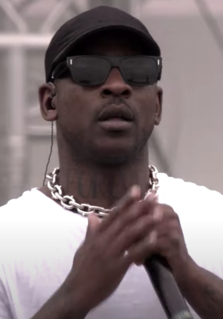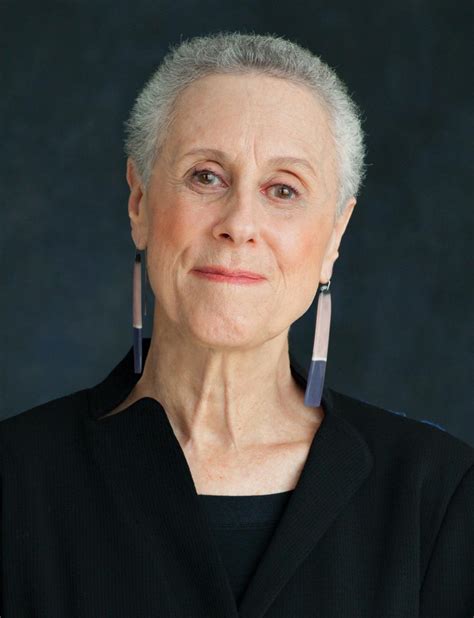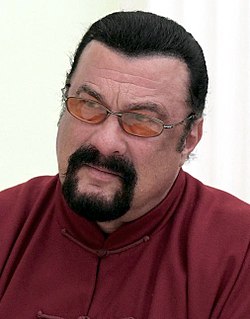A Quote by Bhagat Singh
In the statement accompanying the text of Lahore Conspiracy Case Ordinance, the Viceroy had stated that the accused in this case were trying to bring both law and justice into contempt. The situation afforded us an opportunity to show to the public whether we were trying to bring law into contempt or whether others were doing so.
Related Quotes
I practiced law for 10 years, and I always admired the lawyers who were not afraid to take unpopular cases. And I never had the guts to do that. I was playing it safe. I was trying to make a living. And I just never volunteered for a really tough case, and there were some of them I should've taken. And I admired the lawyers who did.
...the statement, "The purpose of the law is to cause justice to reign," is not a rigorously accurate statement. It ought to be stated that the purpose of the law is to prevent injustice from reigning. In fact, it is injustice, instead of justice, that has an existence of its own. Justice is achieved only when injustice is absent.
I think whether you are a judge on my court or whether you are a judge on a court of appeals or any court, and lawyers too - and if you're interested in law yourself, you'll be in the same situation - you have a text that isn't clear. If the text is clear, you follow the text. If the text isn't clear, you have to work out what it means. And that requires context.
[Ginsburg's] feminism was very sweeping and very ambitious and very consistent. Justice O'Connor had a more case-by-case, pragmatic approach to her feminism. They were not entirely the same, [but] I think that they shared the most important thing, which is the belief that they were worthy and that therefore other women were worthy.
Genocide, in my opinion - is an attempt by a powerful group completely to eradicate from the face of the Earth the existence of people because of their ethnic makeup or because of their race or religion, and that was the case with Hitler trying to exterminate the Jews, and that was the case in Rwanda, when the Tutsis were attacked and over 500,000 were killed in two or three days.
I'm a common law judge. I believe in deciding every case on its facts, not on a legal philosophy. And I believe in deciding each case in the most limited way possible, because common law judges have a firm belief that the best development of the law is the one that lets society show you the next step, and that next step is in the new facts that each case presents.





































